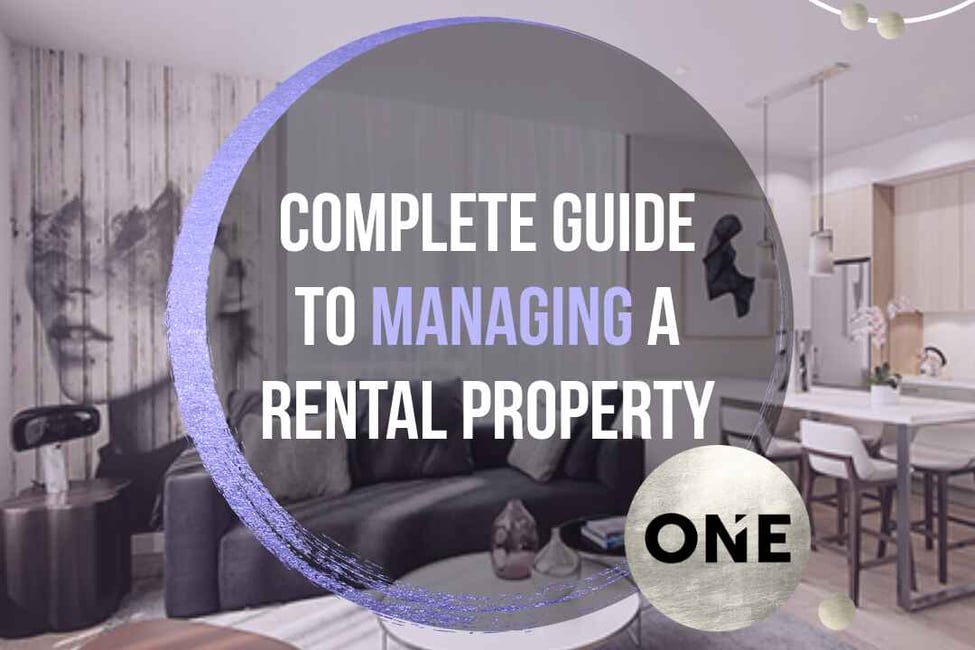Managing a rental property involves more than just collecting rent and handling maintenance. It requires navigating a complex landscape of laws and regulations to ensure smooth and legal operations. Here’s a guide to help you manage your rental property effectively and stay compliant with the law:
1. Understanding Landlord-Tenant Laws
Federal, state, and local regulations define the rights and responsibilities of both landlords and tenants. Familiarize yourself with these laws to avoid legal disputes and ensure a positive rental experience. Knowledge of your legal obligations helps you manage your property efficiently and protects you from potential legal issues.
2. Fair Housing Laws
To prevent discrimination in your rental practices, adhere to fair housing guidelines. Understand which classes are protected under the law—such as race, color, religion, sex, national origin, disability, and familial status—and ensure that your advertising, tenant selection, and property management practices are in compliance. This not only helps you avoid legal trouble but also promotes a fair and inclusive rental process.
3. Lease Agreements
A comprehensive lease agreement is crucial for legal protection. Your lease should include key elements such as rent terms, security deposits, and maintenance responsibilities. Customize your lease to meet local legal standards and clearly outline both parties’ expectations. A well-drafted lease helps prevent misunderstandings and disputes, providing clarity for both you and your tenants.
4. Property Maintenance and Safety
Regular maintenance is both good practice and a legal requirement. Ensure your property complies with health and safety standards by conducting routine inspections and addressing issues promptly. Proper maintenance helps prevent accidents, reduces legal liabilities, and ensures your property remains in good condition for tenants.
5. Handling Security Deposits
Managing security deposits involves strict legal requirements. Understand the rules regarding the maximum amount you can charge, how to store the deposit, and the timeline for its return. Adhering to these regulations helps avoid disputes with tenants and ensures you handle security deposits fairly and legally.
6. Eviction Procedures
Evicting a tenant must be done legally to avoid penalties. Follow the correct legal steps, provide proper notice, and ensure the eviction process is fair. Understanding your rights and obligations during an eviction is crucial for compliance and helps you manage challenging situations professionally.
By staying informed about these legal aspects, you can manage your rental property smoothly and minimize potential legal issues. Adhering to these guidelines not only helps you avoid legal complications but also contributes to a positive rental experience for both you and your tenants.
Example Scenario and Steps
Scenario: Handling a Late Rent Payment
Steps:
1. Review Lease Agreement and Payment History
- Examine the lease agreement to confirm the rent payment terms and late fee provisions.
- Review the tenant's payment history to document the late payments and any previous communications.
2. Check Local Laws:
- Research local landlord-tenant laws to understand the legal steps for handling late payments and initiating eviction if necessary.
- Ensure you are aware of any recent changes in laws that could affect the process.
3. Send Formal Notice
- Draft and send a formal written notice to the tenant regarding the overdue rent.
- Ensure the notice includes details on the amount owed, the deadline for payment, and the consequences of further non-payment, including potential eviction.
4. Offer a Payment Plan (Optional)
- If appropriate, propose a payment plan to the tenant to help them catch up on overdue rent.
- Clearly outline the terms of the payment plan and request written agreement from the tenant.
5. Communicate and Document
- Engage with the tenant to discuss the situation and any potential issues or challenges they may be facing.
- Document all communications and agreements in writing.
6. Prepare for Next Steps
- If the tenant does not comply with the notice or payment plan, review the next legal steps for eviction based on local regulations.
- Prepare necessary documentation and follow legal procedures if eviction becomes necessary.
7. Update Lease Agreement (If Needed):
- Review and update your lease agreements to ensure they reflect current laws and best practices for handling late payments and tenant communication.
8. Follow-Up:
- If a payment plan is in place, monitor the tenant’s adherence to the plan and ensure payments are made as agreed.
- If eviction was necessary, follow up to ensure the process is completed legally and smoothly.

